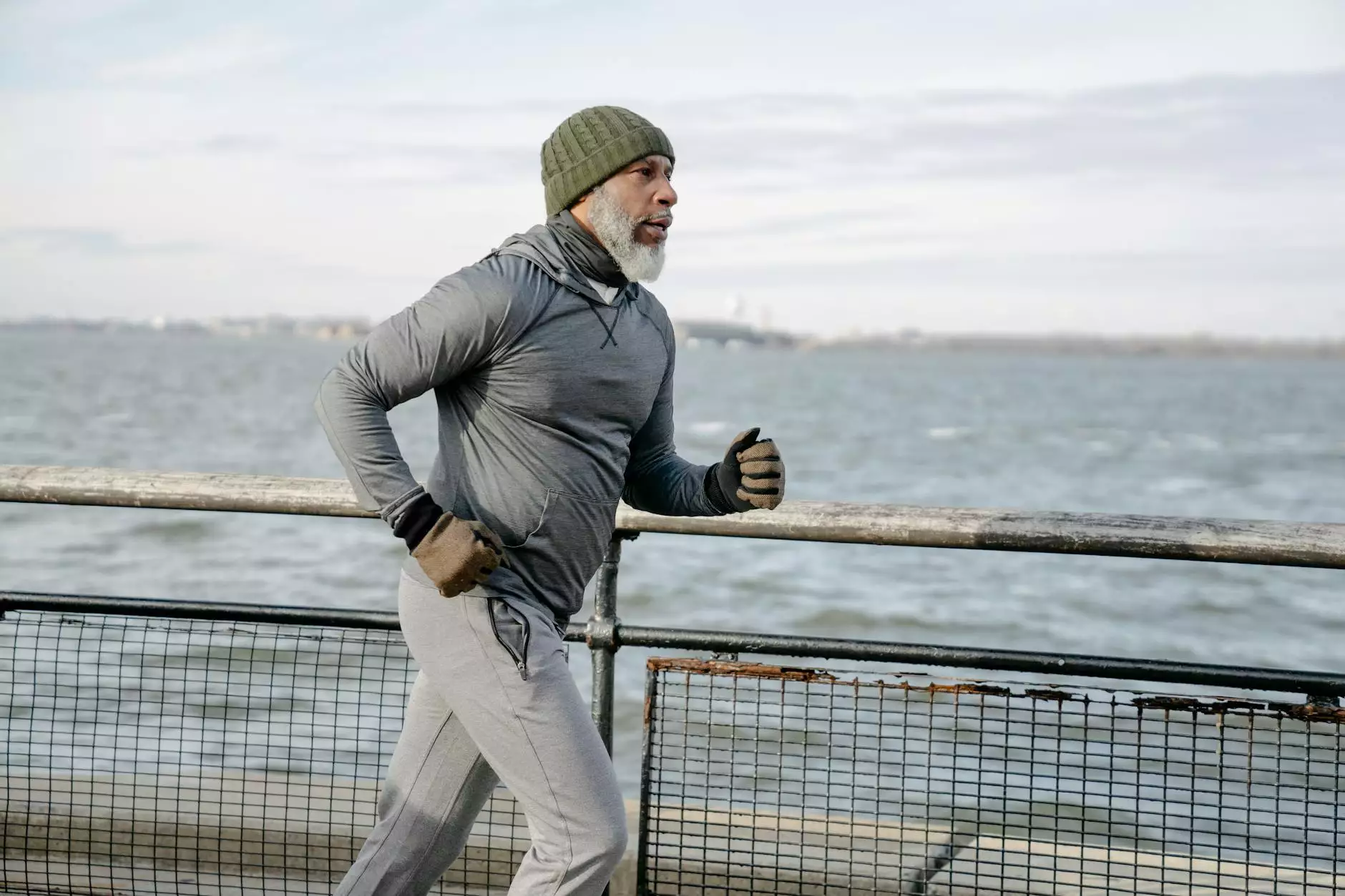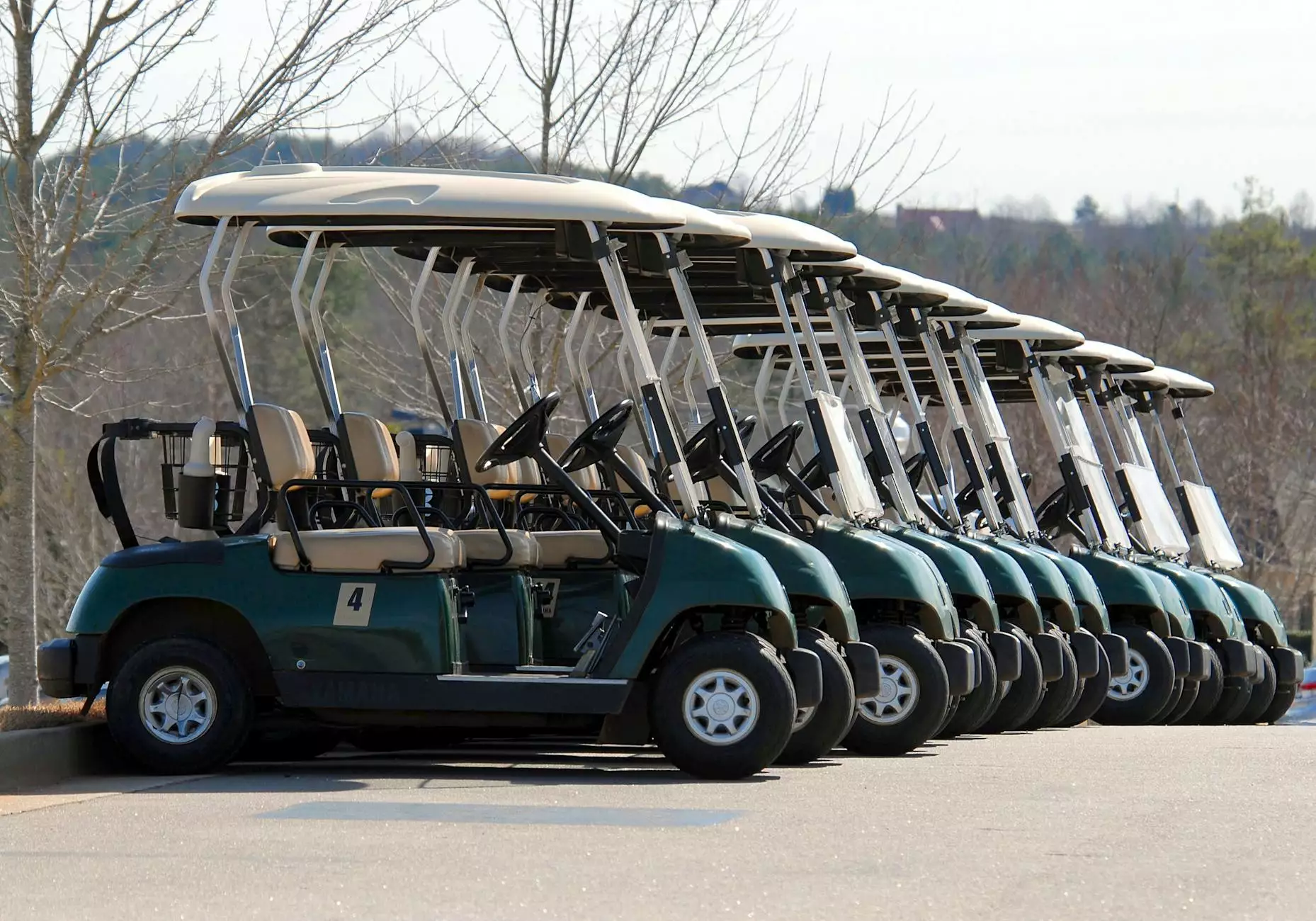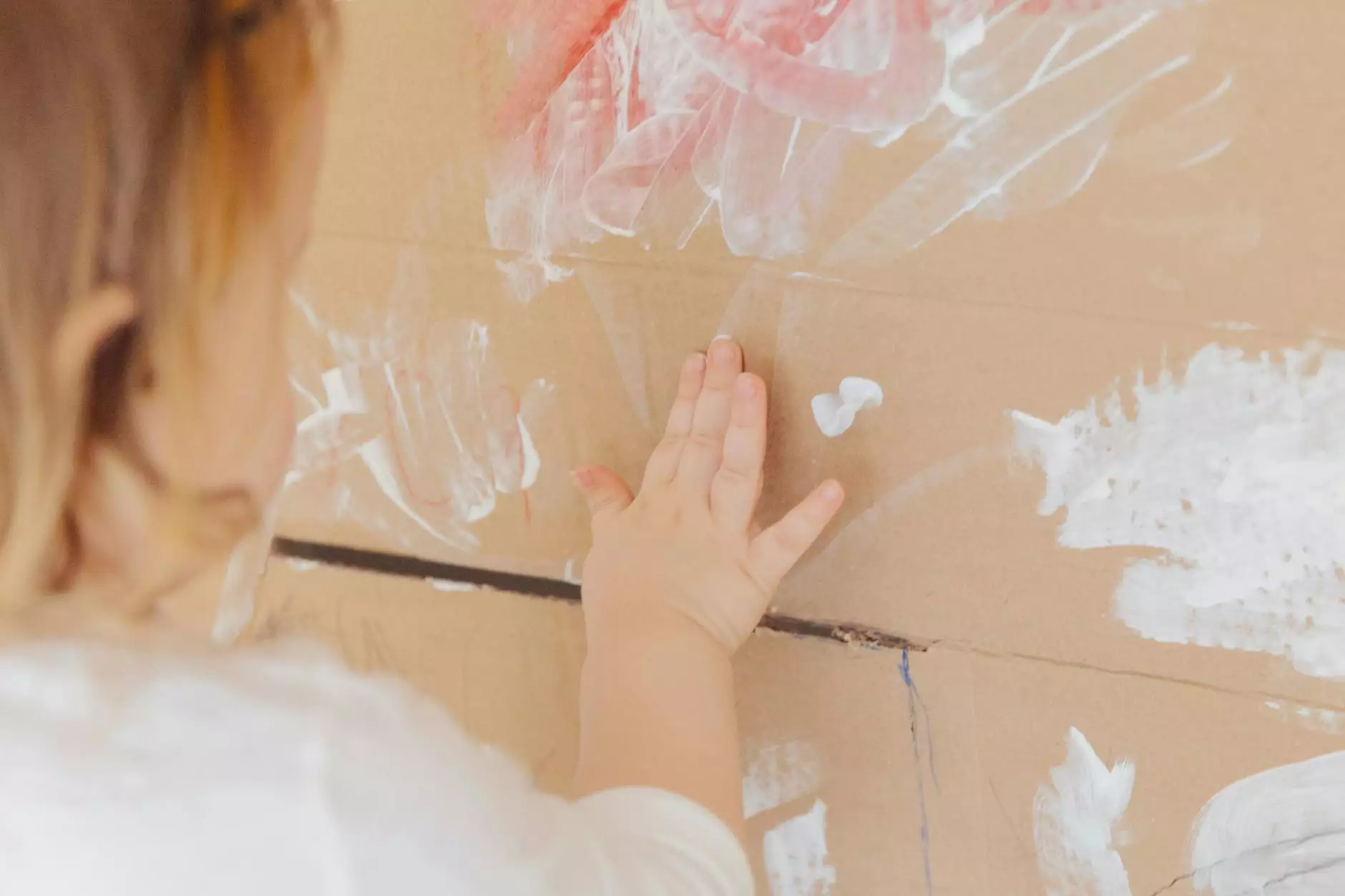How Much and What Kind of Physical Activity Do Babies Need

The Importance of Physical Activity for Baby's Development
Physical activity plays a crucial role in a baby's overall growth and development. It helps promote healthy bone and muscle development, improves coordination and balance, enhances cognitive function, and establishes a foundation for a lifetime of physical well-being.
The Benefits of Physical Activity
Engaging in regular physical activity can provide numerous benefits for babies:
- Enhanced Motor Skills: Physical activities like crawling, rolling, and playing with toys help babies develop their motor skills.
- Improved Cognitive Abilities: Active play stimulates brain development and enhances cognitive abilities, such as problem-solving and critical thinking.
- Healthy Weight Management: Regular physical activity helps prevent obesity in infants and promotes healthy growth.
- Boosted Immune System: Being physically active strengthens the immune system, reducing the risk of various illnesses.
- Enhanced Sleep: Babies who engage in physical activity often experience improved sleep quality and duration.
- Increased Social Interaction: Participating in physical activities with others promotes social skills and bonding with caregivers.
Recommended Physical Activity Guidelines for Babies
It is important to note that babies have unique physical activity needs based on their age and developmental stage. The American Academy of Pediatrics (AAP) provides general guidelines for babies:
0-3 months:
At this stage, babies should engage in supervised tummy time for a few minutes several times a day to promote head control and strengthen muscles.
3-6 months:
Babies can start exploring movement by reaching for objects, playing with their feet, and attempting to roll over. Encouraging these activities in a safe and supervised environment helps develop their motor skills.
6-9 months:
Babies become more active during this stage. They may start crawling, pulling themselves up, and even cruising along furniture. Encourage exploration and provide opportunities for safe and stimulating play.
9-12 months:
As babies approach their first birthday, they may be ready to take their first steps. Encourage walking by providing assistance and support. Additionally, playing with balls, climbing on soft structures, and engaging in interactive games can further support their physical development.
Tips for Encouraging Physical Activity
To promote physical activity in babies, consider the following tips:
1. Create a Safe Environment:
Ensure the area where your baby plays is safe, free from hazards, and encourages exploration.
2. Offer Age-Appropriate Toys and Equipment:
Provide toys that stimulate movement, such as soft balls, crawling tunnels, and push toys that babies can hold onto for support.
3. Engage in Active Play:
Participate in activities that promote physical movement, such as playing peek-a-boo, tickling, or singing action songs with accompanying motions.
4. Limit Screen Time:
Avoid excessive screen time for babies as it can hinder physical activity and negatively impact their development.
5. Be a Role Model:
Show your baby the importance of physical activity by engaging in active pursuits yourself, such as walking or dancing together.
Conclusion
Physical activity is vital for a baby's overall development. By providing age-appropriate opportunities for physical play and engaging in stimulating activities, you can support your baby's growth, foster healthy habits, and lay the foundation for a lifetime of well-being.










